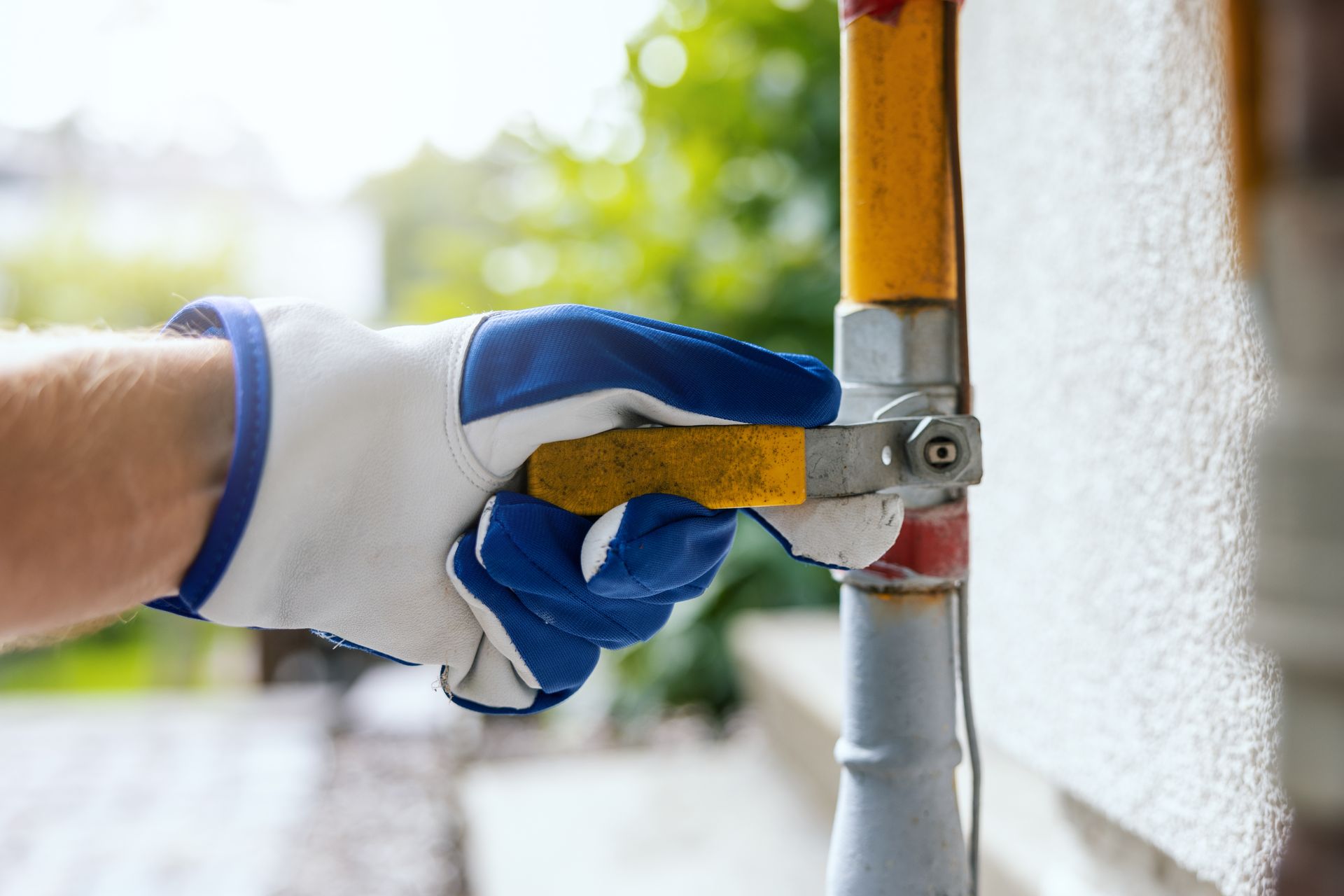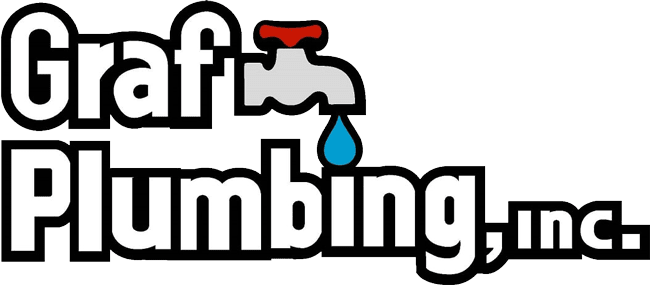Gas Lines

Gas piping repairs and replacement are critical for ensuring the safety and efficiency of your home’s gas system. Here’s an overview of when repairs or replacement may be needed, common issues, and important considerations.
When to Consider Gas Piping Repairs or Replacement
Repairs
1. Minor Leaks: Small leaks can often be repaired with patching or replacing sections of the pipe. This is essential to prevent gas loss and ensure safety.
2. Corrosion: If metal pipes show signs of rust or corrosion, they may need repairs to prevent leaks. Regular inspections can help identify this early.
3. Loose Connections: Loose fittings or connections can lead to leaks. Tightening these may resolve the issue, but it’s crucial to use the right techniques to avoid damage.
4. Improperly Installed Pipes: If pipes were not installed correctly, adjustments or repairs may be necessary to ensure safe operation.
Replacement
1. Severe Leaks: If there are significant leaks that cannot be repaired, replacement of the affected sections or the entire line may be required.
2. Old or Deteriorating Pipe: If your gas lines are old (typically over 30 years) or made from outdated materials (like black iron or bare steel), replacing them with modern materials (like CSST or polyethylene) is often advisable.
3. Upgrades for New Appliances: If you're installing new gas appliances that require higher gas flow, upgrading the piping may be necessary.
4. Code Compliance: If your current gas piping does not meet local building codes, replacement may be needed to ensure compliance and safety.
Common Issues
- Gas Leaks: The most serious issue, requiring immediate attention. Signs include a sulfur-like smell, hissing sounds, or dead plants near the pipeline.
- Pressure Problems: Low gas pressure can affect appliance performance. A plumber can test and adjust pressure as needed.
- Blockages: Dirt, debris, or corrosion can obstruct gas flow, affecting efficiency.
- Wear and Tear: Over time, gas pipes can wear down, leading to potential hazards.
Importance of Professional Help
- Safety: Gas leaks are hazardous and can lead to explosions or carbon monoxide poisoning. Only licensed professionals should handle gas line work.
- Compliance: Local codes often require that gas line work be performed by a licensed plumber or gas fitter to ensure safety standards are met.
- Correct Diagnosis: Professionals can accurately diagnose issues and recommend appropriate repairs or replacements.
Conclusion
If you suspect any issues with your gas piping or if your system is old and inefficient, consulting a licensed professional is crucial. Regular inspections and prompt repairs can help maintain a safe and efficient gas system in your home.









